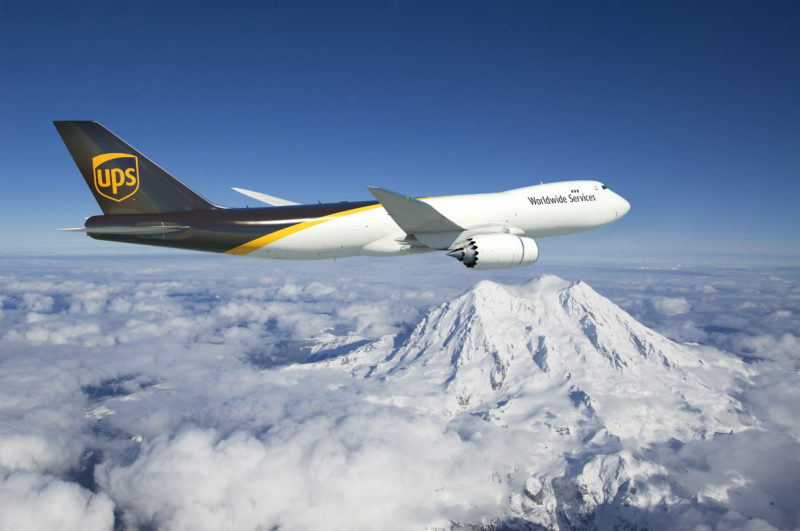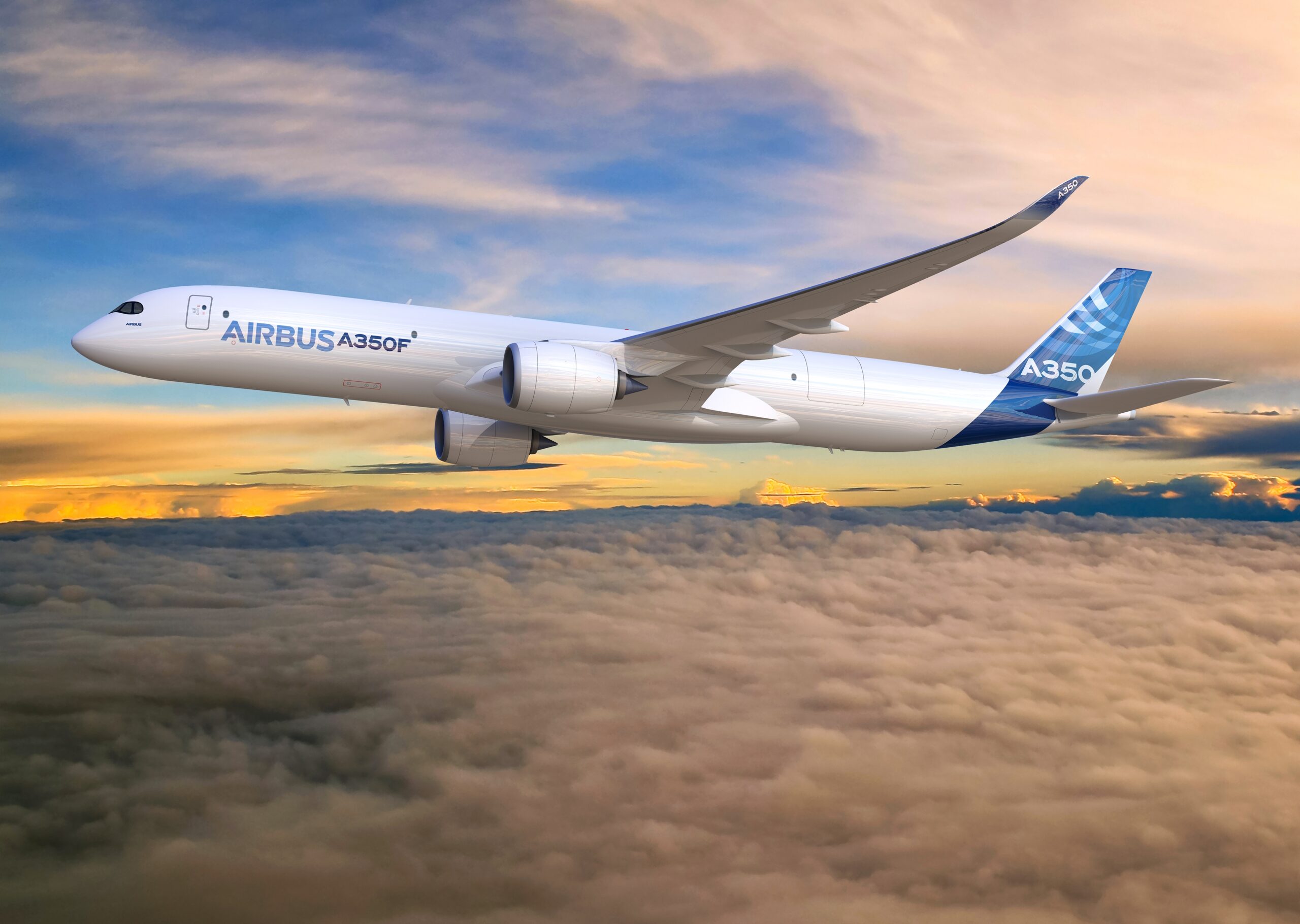Airbus has continued to flex their recently launched A350 Freighter as a serious competitor to Boeing’s market dominance, this time securing an additional two deals for the aircraft during the second day of the 2022 Singapore Airshow.
Singapore Airlines Firms A350 Commitment
The first of the two comes from Singapore Airlines, who was quick to sign a provisional deal for seven of the aircraft in December 2021, however today finalised the deal on their home ground.
Singapore Airlines will be the launch operator of the aircraft and will take first delivery during the fourth quarter of 2025. The aircraft will be used as a direct replacement for their Boeing 747-400 Freighters, resulting in a 40 percent reduction in fuel consumption.
“These new-generation aircraft will substantially increase our operating efficiencies and reduce our fuel burn, making an important contribution towards the success of our long-term decarbonisation goals.”
Goh Choon Phong, Chief Executive Officer, Singapore Airlines
If the upwards trend of increasing air cargo continues, Singapore Airlines has a further five options they can exercise as part of the deal signed today.
Just like the passenger A350 variant, the A350F will be exclusively powered by Rolls-Royce Trent XWB engines.
Etihad Airways Joins A350 Bandwagon
Also announced during the second day of the show, Etihad Airways signed a letter of intent for seven A350 Freighters.
Etihad had been working behind the scenes to determine whether the A350 Freighter or Boeing 777X Freighter – the two newest cargo haulers on the commercial front – would suit their air cargo and environmental strategy moving forward.
“As our cargo operations continue to overperform and we work towards a more sustainable future built upon the world’s youngest and most fuel-efficient fleet, the addition of the A350F will play a key role in driving our long-term cargo strategy and achieving our 2035 target to reduce CO₂ emissions by 50%.”
Tony Douglas, Group Chief Executive Officer, Etihad Aviation Group
The value of the deal has not been disclosed, however Etihad adjusted their A350 order in 2019 as part of their restructuring, meaning the airline would only operate 12 A350 passenger aircraft and potentially seven of the freighter variant once finalised.
In the past, Etihad has said it plans to simplify its fleet, focussing primarily on the A350 and Boeing 787 Dreamliner.
Airbus Aggressively Pushing A350 Freighter
In an effort to take back some of the market share completely dominated by Boeing’s products, Airbus has been very aggressive with its freighter marketing strategy.
The A330-200F was not quite the success Airbus had hoped for, earning only 38 orders since launch. Meanwhile Boeing continued to flex is muscles with the 767, 747 and 777 Freighter programs which are vastly popular not only with passenger airline cargo arms, but also the majority of dedicated air freight operators.

To counter Boeing’s money-printing freighter business, Airbus held discussions with airlines to help develop what would become the A350 Freighter, and so far it seems to be working well.
Order wise, Airbus has secured Singapore Airlines, Air France, Etihad and CMA CGM Group.
Already, the A350 has proven to be a fantastic success, meaning the A350 Freighter model will likely have a smooth entry-into-service in 2025 as a result of its passenger sibling that has already demonstrated excellent dispatch rates.
One of Airbus’ special tactics is playing on the 2027 ICAO emissions requirement, which will see any of the current generation freighters being produced such as the Boeing 767, 777 and 747 freighters done for. It is worth noting that Boeing is seeking for an exemption to keep the 767 Freighter in production beyond 2027, however nothing has been locked in yet.
However Boeing hasn’t been sitting on their hands. As a result of the A350 Freighter launch, Boeing announced the 777-8 Freighter, which has already secured a healthy order from Qatar Airways.
Both the 777-8 Freighter and A350 Freighter utilise the latest generation turbofan engines, however the A350 Freighter benefits from a mostly composite construction, whereas the 777-8F retains the legacy 777 aluminium fuselage with folding wing-tip composite wings.
Regardless, both of the new build freights are cargo monsters, easily hauling over 100 tones of freight more than 4000 nautical miles.
The competition is real now and these two freighters of the future will continue to battle it out for decades to come as airlines adjust to upward air cargo trends and environmental regulations.


